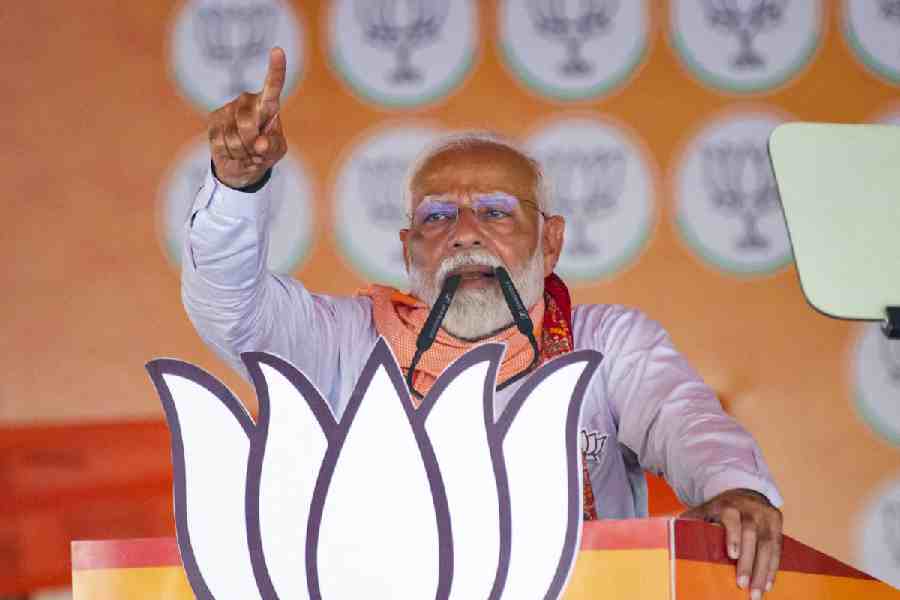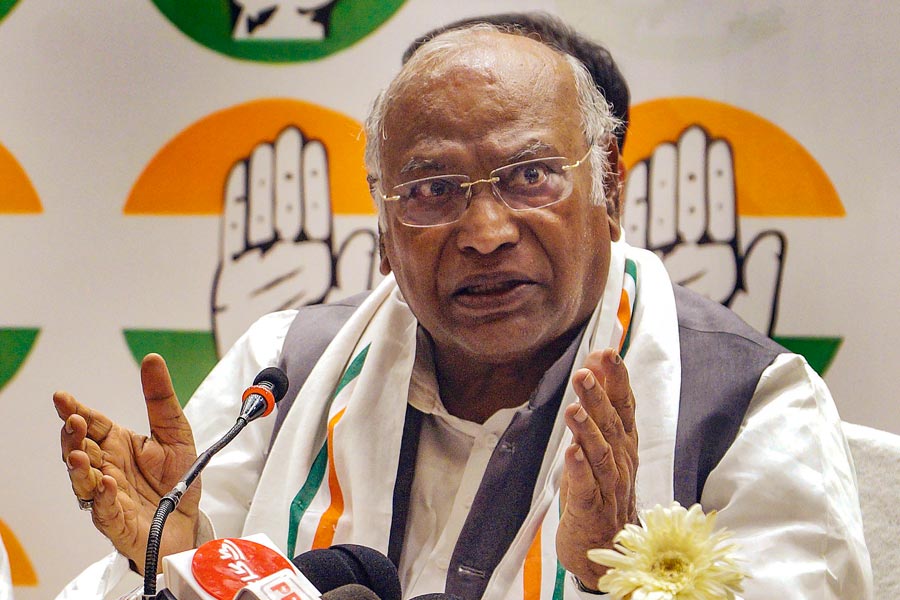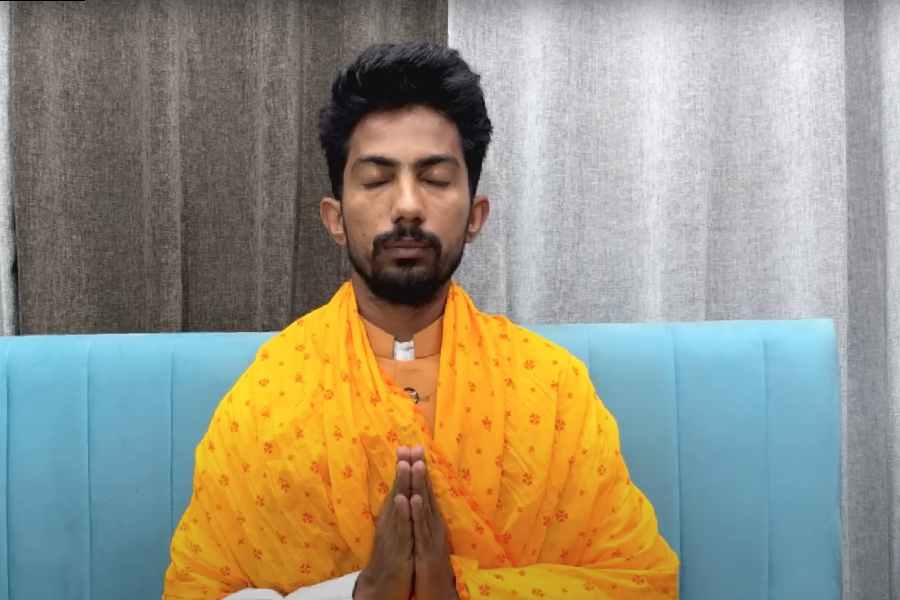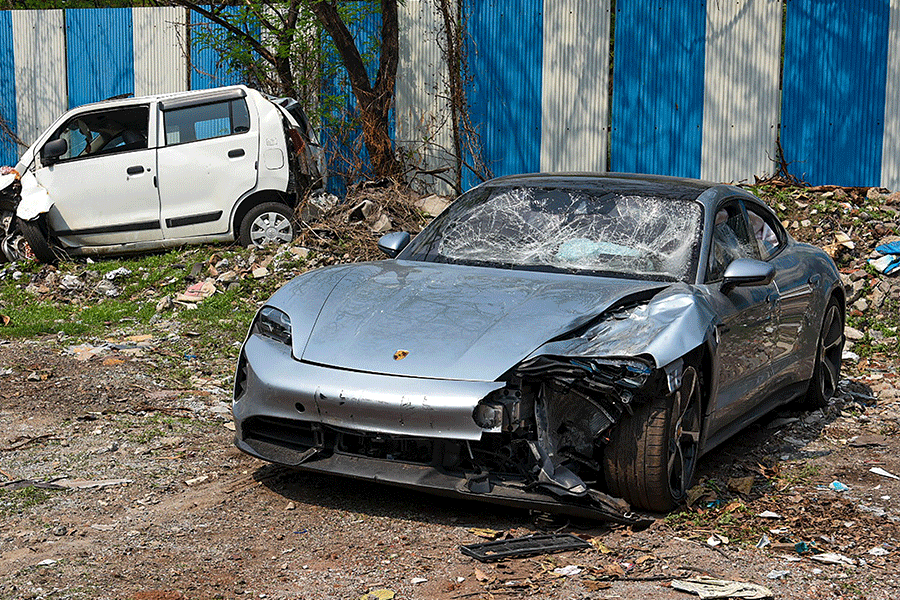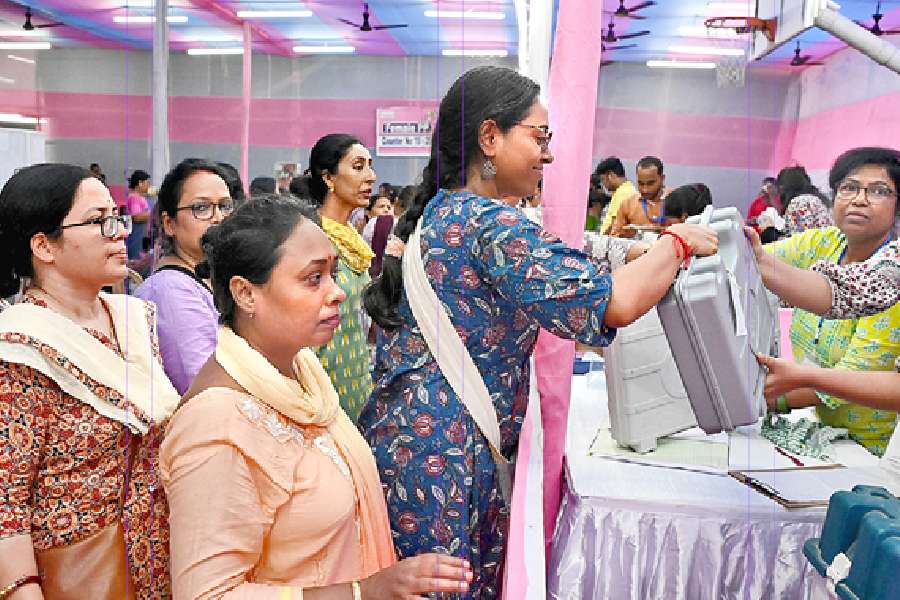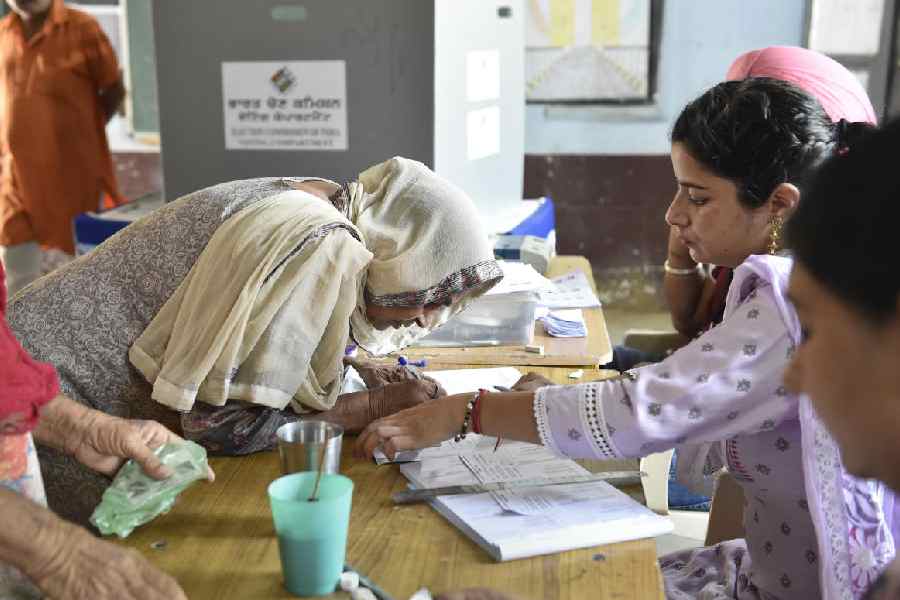A day is, evidently, a long time in politics. So much so that India’s prime minister finds it difficult to honour his own words in the matter of one day. On May 14, after filing his nomination papers in Varanasi, Narendra Modi went on record stating that he was committed to desisting from indulging in the polarising rhetoric involving Hindus and Muslims. A day later, Mr Modi sprouted his familiar spots, accusing the Congress of apparently having planned to dispose 15% of the Union budget in favour of the minority community. India, in the course of the last decade, has been more familiar with this divisive tone of Mr Modi. That other, ephemeral voice of solemn piety, castigating communalism, must have sounded odd to Mr Modi himself, his admirers, and the nation. That is also because this poll season, Mr Modi has been at his polarising best, repeatedly hurling mostly fictitious charges at the Congress in order to cement the perception that the party is disproportionately inclined towards Muslims. From alleging that the Congress is conspiring to redistribute people’s wealth among minorities to its desire to transfer reservations meant for backward communities to them, Mr Modi has tried nearly every trick in his Book of Division for electoral gain. His unusual, temperate remark in Varanasi also pales into insignificance in the face of mounting evidence of sectarianism under his watch, be it in the form of contentious legislations or otherwise, a phenomenon that has earned India international scrutiny.
That the prime minister gets away with his doublespeak can be attributed to two principal reasons. First, it is undeniable that large segments of the Indian population remain receptive to this kind of toxic oratory. This public support and the resultant electoral dominance of the Bharatiya Janata Party seem to have facilitated the growing pusillanimity of institutions — such as the Election Commission of India and the media — that are responsible for keeping the conduct of political leaders within desirable boundaries. There is an attendant inference that must not be ignored. That a prime minister has to repeatedly rely on engineering division instead of giving an account of his performance in office in the last 10 years perhaps offers the best assessment of Mr Modi’s true colours.

